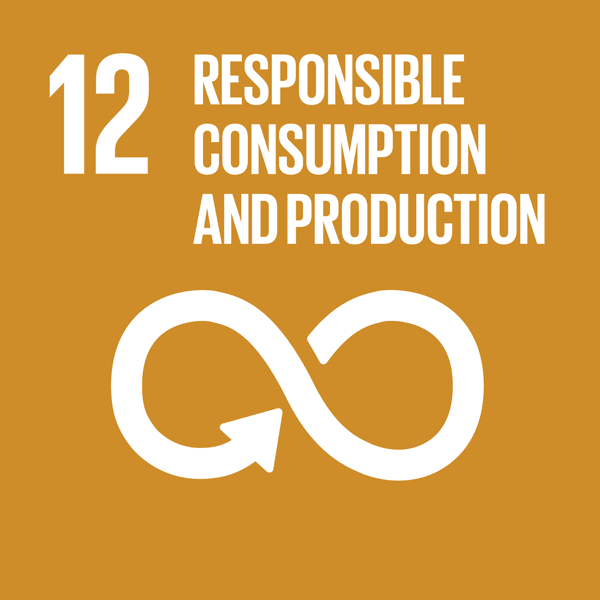The purpose of the project ‘Energy Efficiency for Industry in Ecuador with the implementation of an Energy Management Systems based on ISO 50 001’ was to promote energy efficiency improvements in the Ecuadorian industry through the development of national energy management standards and the application of system optimization. At the planning stage, the project was structured into five components, to address the lack of awareness amongst industrial stakeholders of the benefits of...
Motiva, a sustainable development company owned by the Finnish state, promotes resource-efficient and sustainable choices in Finland. One of the tools it provides is the Material Efficiency Audit Tool, which was developed in parallel with the ISO 14051 (Environmental management — Material flow cost accounting) standard to utilize the know-how and international networks Motiva gained in the standardization group. The tool helps companies streamline their material flows, gain...
Before becoming Fairtrade certified, coffee farmers at SOPPEXCCA cooperative in Nicaragua used to get very low prices for their coffee and missed out on many benefits. They were selling for the sake of selling, without prioritizing the land or the environment. Since becoming Fairtrade certified, SOPPEXCCA’s members are receiving better prices for their coffee, have adopted good agricultural practices and other climate change actions prescribed by the Fairtrade standards and have...
The case study details how Spanish steel producers worked with the national standardization system to develop a standard, UNE 36901 “Iron and steel sustainability management systems. Requirements”, which enables them to introduce environmental, economic and social sustainability aspects in their activities.
Trinidad and Tobago anticipated the need to rapidly develop regulations that would regulate alternatives to single-use plastics, particularly expanded polystyrene products used in food containers to address health, safety and environmental risks. Some of these risks include the chemical constituents which may pose a danger to health welfare and the impact of expanded polystyrene products on the environment. Of specific interest were practices supporting the biodegradability and...



